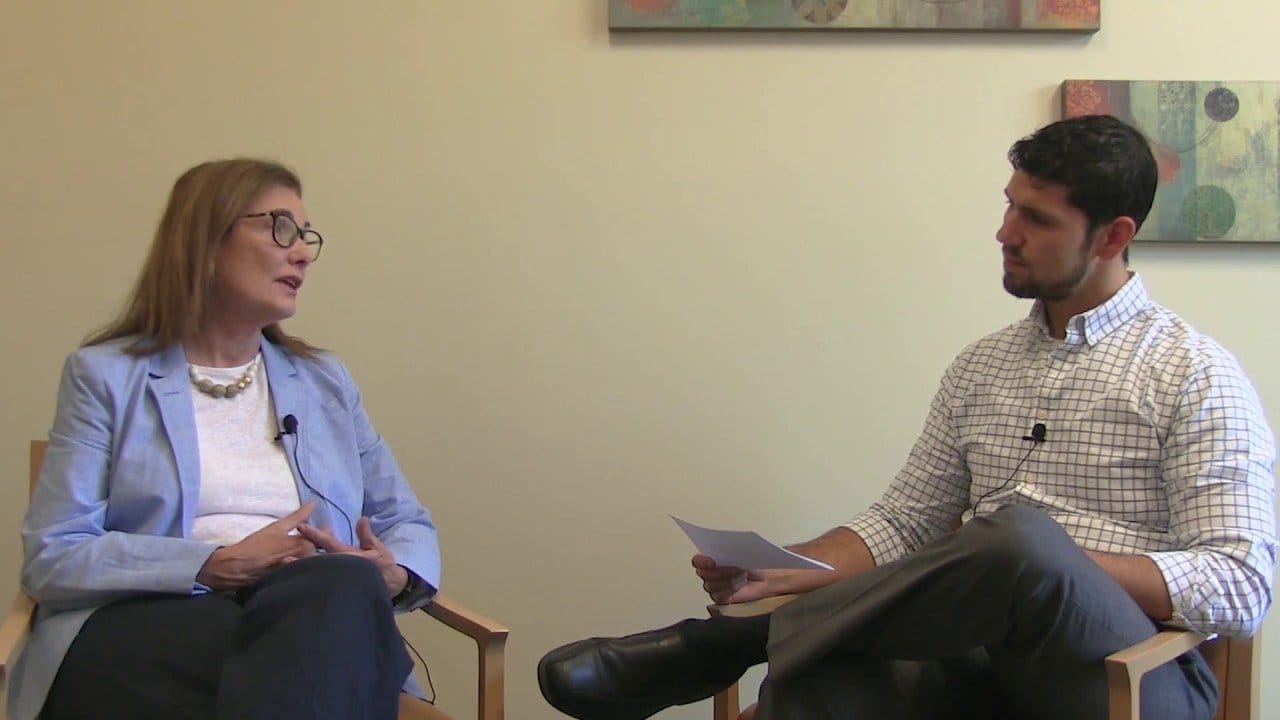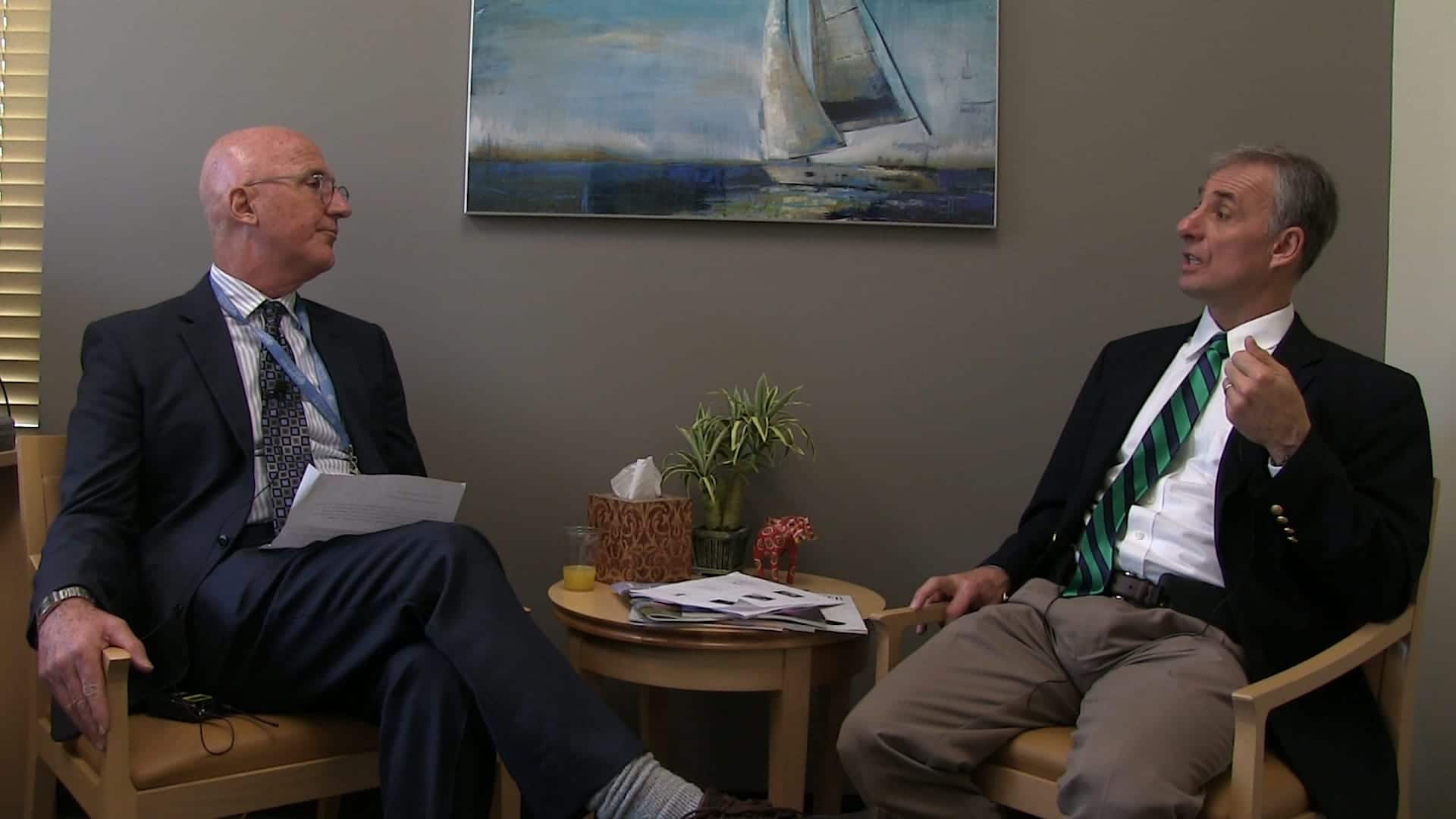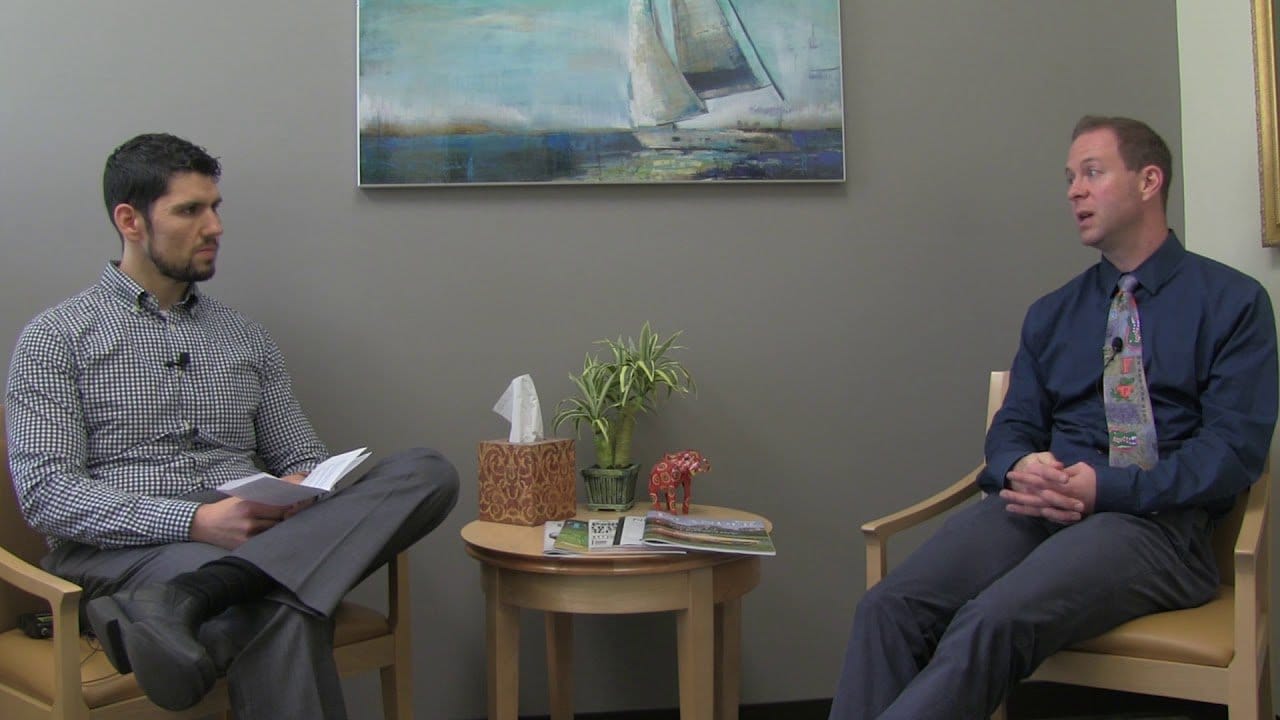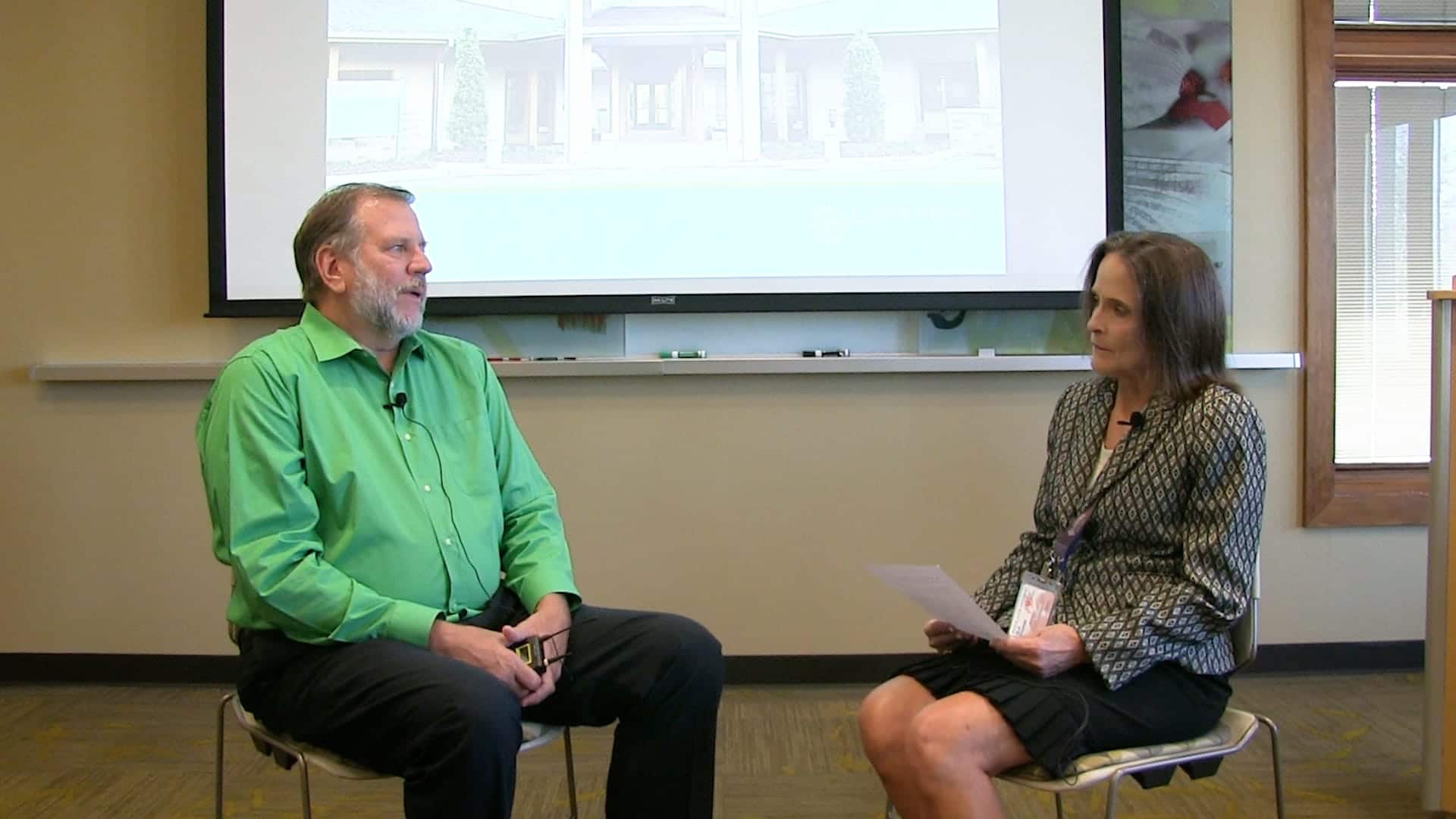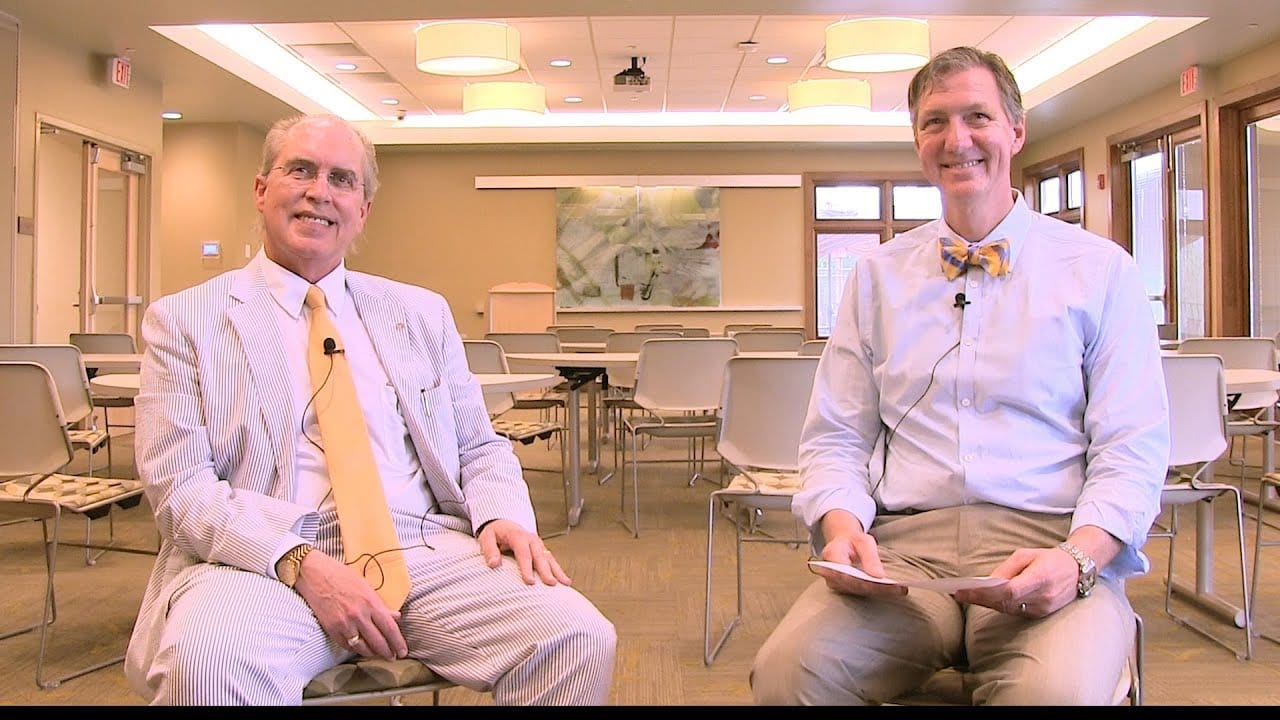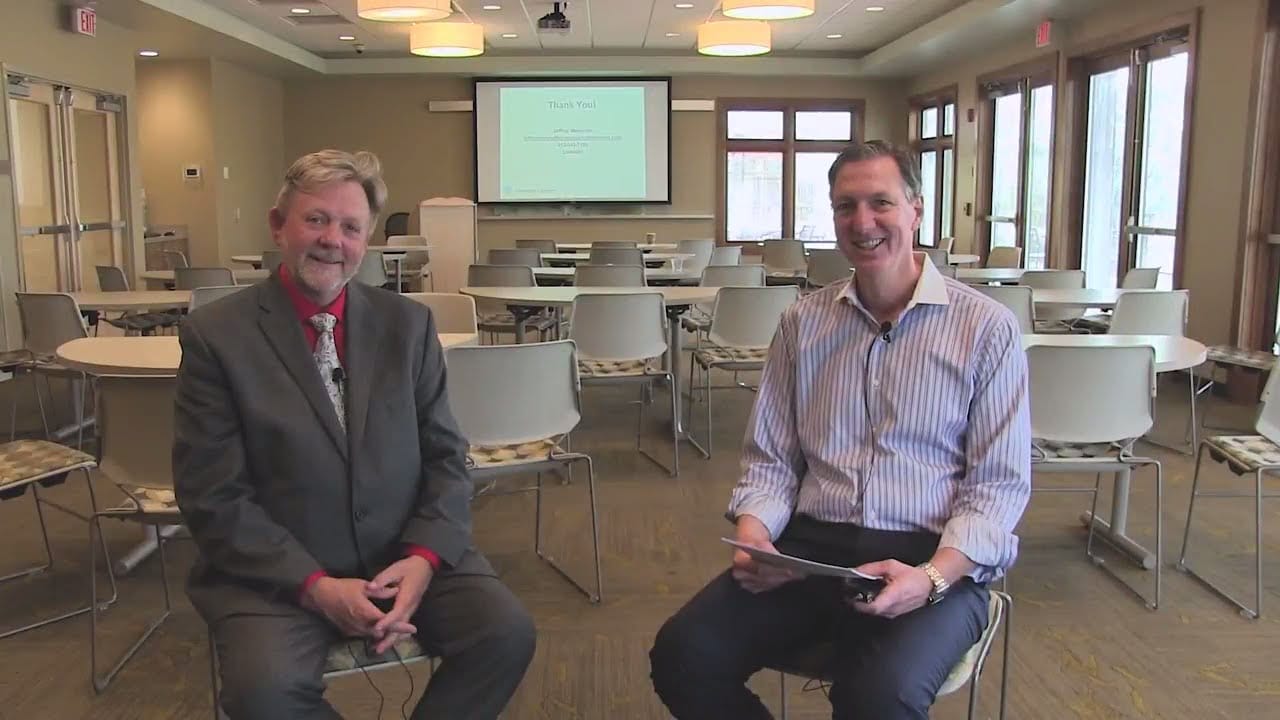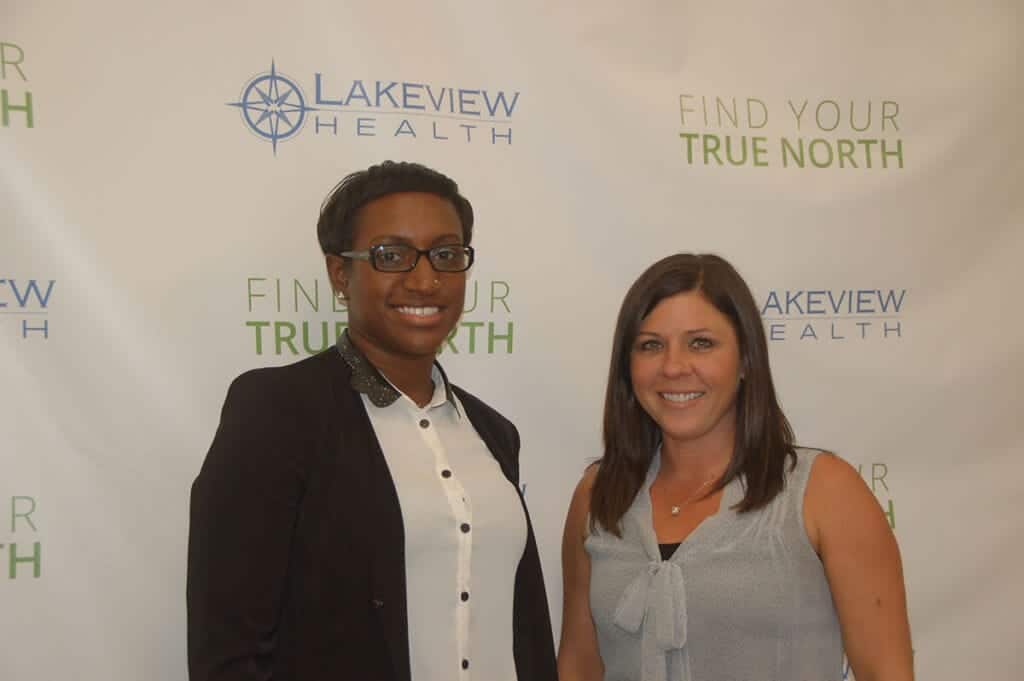

By: Lakeview Health
We got to spend a little time with Shezaray Rozzell and Dawn Palilonis from Pocono Mountain Recovery Center and Clearbrook Lodge in Monroe County, Pennsylvania, to talk a little bit about their gender-specific program and the treatment they offer.
Podcast Transcript
Gina Thorne: Hello everyone, welcome to the Lakeview Podcast Series and I’m joined today with Shezaray Rozzell and Dawn Palilonis from Pocono Mountain Recovery Center and Clearbrook Lodge in Monroe County, Pennsylvania. Welcome, ladies. Shezaray Rozzell and Dawn Palilonis: Thank you! Gina: It’s good to have you here. So we’re interested in hearing more about the program you all represent. More specifically, we’re interested in hearing about the Pocono Mountain Recovery Center so can you tell us a little bit about the program and what it involves? Shezaray: Sure so Pocono Mountain and Clearbrook Lodge are both adult facilities addressing chemical dependency across the board as well as a dual-diagnosis component and we have a full-time psychiatrist and psychologist at both of our facilities. We offer detox from all substances including the poly-substance user, full residential, on site residential treatment services as well as a 90-day, highly structured clinical extended care program for both males and females. All of our programming is gender-specific throughout our continuum and we also have the ability to manage someone that is looking for both PHP and/or IOP services at Pocono Mountain Recovery Center. Gina: So would you be able to describe to me the type of client you typically see coming in to your program? Shezaray: We have a diverse population in terms of just general demographics, in terms of gender. We really are seeing, I think what everyone is seeing, in terms of chemical dependency across the board, we’re seeing that young adult opiate user and we’re also seeing the older population that is struggling with alcohol. And as I mentioned, we can address someone that is having dual-diagnosis issues in terms of mental health, so really diversity across the board and our continuum really allows us to handle whatever type of client that comes through the door. Gina: Ok, great. And Dawn, Shezaray mentioned that you do have gender-specific treatment. Can you describe for us what the difference is in the clinical approaches that you all take for your gender programming? Dawn: Well they’re actually separated throughout the facility. So on one side of our campus is the females and the other side is the males. We do gender-specific groups with them if there are certain issues that need to be addressed and that female with always go with the female population for counseling to do that track, as well as the males. Gina: Are you doing a lot of trauma-informed care with your females? Dawn: We touch on that, yes. We don’t have specific tracks for that, but we do have groups if we find that there’s enough in there, we’ll bring them out into a trauma group and our counselors are very diverse in their skillsets so we can touch on everything. Gina: That’s great. And obviously you mentioned that you do a lot with poly-substance abuse and dual-diagnosis as well, which is great. So obviously you all are very familiar with the family approach to this disease, so I’m curious what your family component would look like. Dawn: Ok, so I actually work very heavily with the families, right from the gate, right from that first phone call when the mom is calling and asking for help, I’m usually one of the first people they get. The family must be involved and we have a family program that is every Saturday. We have a director of our family program, her name is Beverly, and she is awesome. Right from the beginning in the detox phase, she will contact the family members, get them scheduled for their own one-on-one over the phone or in person, prior to having a visitation with our patients on Saturday. When the family comes in on Saturday, it’s a mandatory 2-hour session where it’s an education piece. A NarAnon speaker, an AlAnon speaker and then the family director will come in and do a little piece, then they may visit with them. We really recommend that the family come in and be involved, however, some of them don’t have family and we have to be mindful of that. So we’ll actually have staff members and extra counselors with that patient when family day is happening. Gina: Oh that’s fantastic. Dawn: We do not want them sitting by themselves at a picnic table while everybody is sitting with their loved ones. I also work and run a family program in Monroe County called Families Helping Families and we’ve been running this now for about six months and we have 25+ participants and families from all different counties come and they get education on it. Gina: That’s great! Dawn: So we really promote it and all other counties work with us and tell people to check us out. Gina: So these aren’t family members of just patients. These are anybody that has questions about the disease and wants to learn more. Dawn: Yes, I run that every Tuesday from 6-7:30. Gina: That’s phenomenal. So both of you are visiting Lakeview for the first time and we’re curious what your thoughts and impressions are of our program. Shezaray: You know, I have to say that I know of Lakeview, I’ve had a relationship with the facility in terms of referrals prior to coming on and I love the innovation. I love the holistic approach, I love the fact that there are specialties that really encompass the 12-step modality, understanding the premise of the client that you’re dealing with, but I love the fact that there are some alternative services. I love the fact that there’s a fitness center onsite and those things are incorporated into treatment. That for me is exciting and it really offers something different to the client that just may not be a fit for us, that may have gone through chronic episodes of treatment and just knows it all and has seen it all and it’s great to offer something different. For me, having referrals and having a community presence, I’m just passionate about really working on enhancing the relationship in terms of referrals. Gina: That’s great. Well thank you both for taking the time to visit with us. If someone wanted to access services at Pocono Mountain Recovery Center or at Clearbrook Lodge, how would they get in touch? Shezaray: So we have a phenomenal intake department that if someone had any specific questions they could call our admissions department directly at 866-201-8677 and anyone in our intake department is able to answer questions and help move them forward. Gina: And is there a website I can direct people to if they want to check you out online? Shezaray: Yes. Our website is www.poconomountainrecoverycenter.com and it has an overview of our services, it has information about our team and our staff and our entire continuum. Gina: Fantastic. Well than you both for taking the time to join us. For those of you that are interested in learning more about Lakeview Health, we invite you to visit us at lakeviewhealth.multiplica.dev or if you know someone struggling with this disease and needs help right away, we ask you to call us at 866-887-0142.
